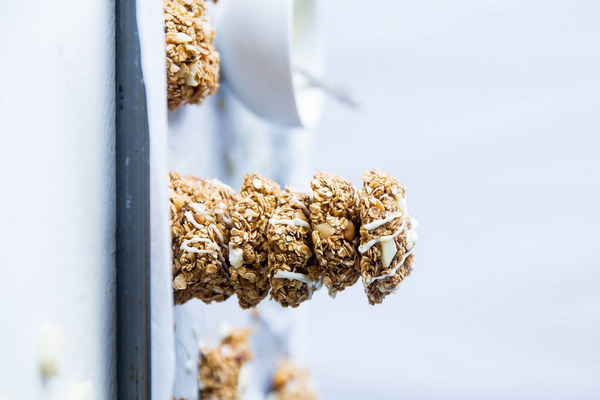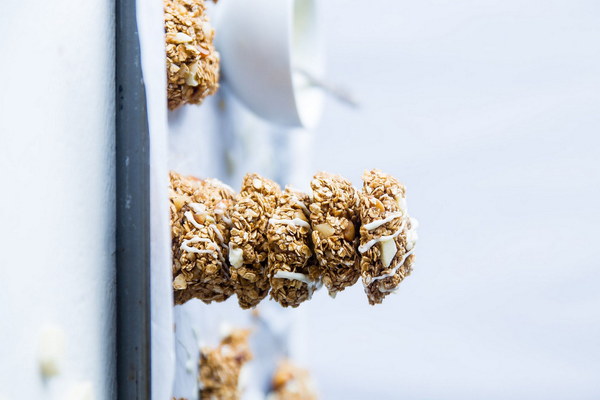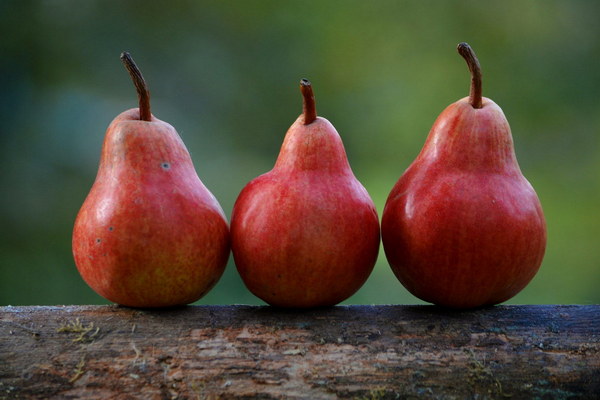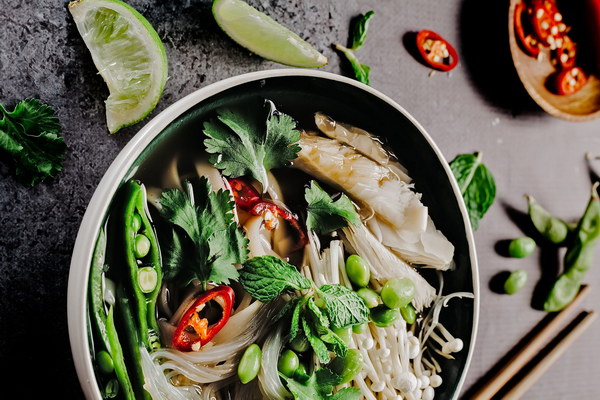Liver Protection After Alcohol Consumption for Fatty Liver Disease Essential Tips and Strategies
Introduction:
Fatty liver disease, a common condition characterized by the accumulation of fat in the liver, has been increasingly prevalent in recent years. Alcohol consumption is a significant risk factor for the development and progression of fatty liver disease. If you have fatty liver and continue to consume alcohol, it is crucial to take measures to protect your liver. In this article, we will discuss some essential tips and strategies to help you safeguard your liver after drinking alcohol.
1. Limit Alcohol Intake:
The most effective way to protect your liver is to minimize your alcohol consumption. For those with fatty liver disease, it is recommended to limit alcohol intake to no more than one drink per day for women and two drinks per day for men. If you find it challenging to reduce your alcohol intake, consider seeking support from a healthcare professional or joining a support group.
2. Maintain a Healthy Diet:
A balanced diet plays a vital role in liver health. Focus on consuming a variety of fruits, vegetables, whole grains, lean proteins, and healthy fats. Avoid high-sugar, high-fat, and processed foods, as they can exacerbate liver inflammation and fat accumulation. Here are some dietary recommendations:
- Increase your intake of antioxidants, such as vitamins C and E, selenium, and flavonoids, found in fruits, vegetables, and nuts.
- Consume plenty of fiber-rich foods, such as legumes, whole grains, and cruciferous vegetables, to aid in the removal of excess fat from the liver.
- Limit saturated and trans fats, which can promote liver inflammation and fat accumulation.
- Choose lean proteins, such as fish, poultry, and plant-based sources, to support liver function.
3. Stay Hydrated:
Drinking plenty of water is essential for liver health. Adequate hydration helps in the elimination of toxins and waste products from the body, including the liver. Aim to drink at least eight glasses of water per day.
4. Exercise Regularly:
Regular physical activity can help reduce the risk of liver disease progression and improve overall health. Engage in moderate-intensity aerobic exercise, such as brisk walking, cycling, or swimming, for at least 150 minutes per week. Additionally, incorporating strength training exercises can help maintain muscle mass and support liver function.
5. Avoid Harmful Substances:
It is crucial to avoid other substances that can harm your liver, such as tobacco, illegal drugs, and certain medications. These substances can worsen liver inflammation and increase the risk of liver disease progression.
6. Regular Check-ups:

Regular medical check-ups are essential to monitor the health of your liver. Your healthcare provider may recommend liver function tests, imaging studies, or other diagnostic procedures to assess the severity of your fatty liver disease and guide treatment.
7. Consider Medications:
In some cases, your healthcare provider may prescribe medications to help manage your fatty liver disease and reduce inflammation. These may include weight loss medications, antiviral drugs, or medications to lower cholesterol levels. Always follow your doctor's instructions and do not self-medicate.
Conclusion:
Protecting your liver after alcohol consumption is essential, especially if you have fatty liver disease. By limiting alcohol intake, maintaining a healthy diet, staying hydrated, exercising regularly, avoiding harmful substances, and seeking regular medical check-ups, you can help safeguard your liver and improve your overall health. Remember that seeking support from healthcare professionals and support groups can provide additional guidance and motivation to maintain a healthy lifestyle.









